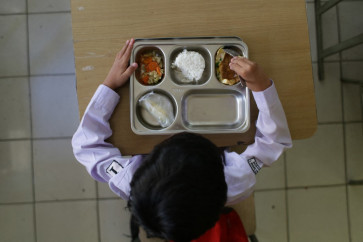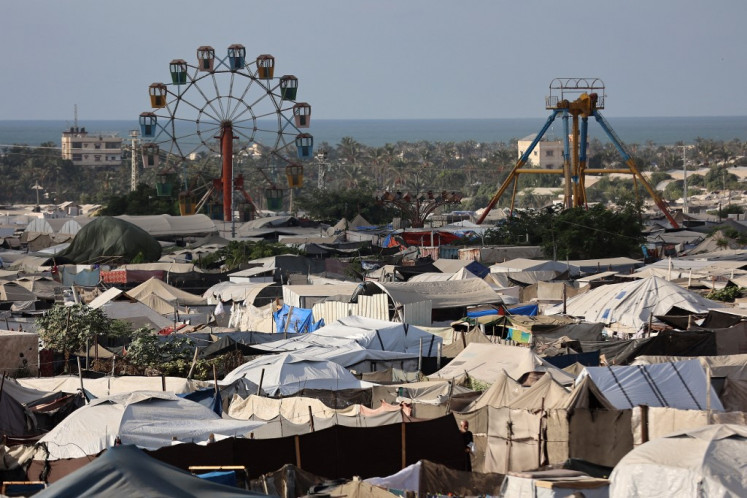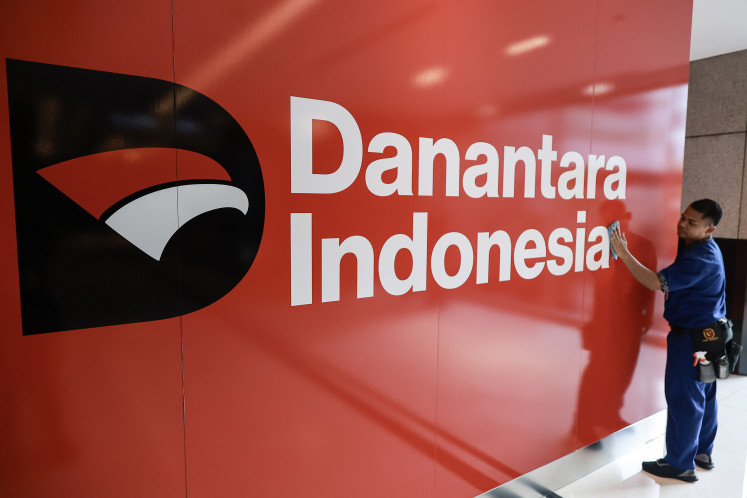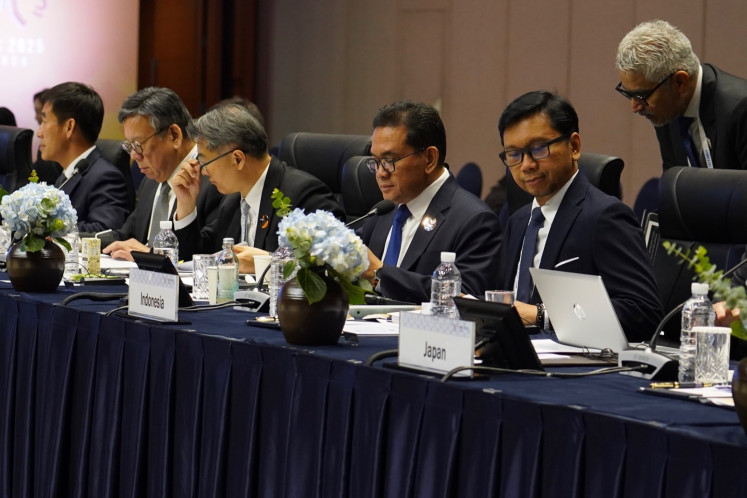Popular Reads
Top Results
Can't find what you're looking for?
View all search resultsPopular Reads
Top Results
Can't find what you're looking for?
View all search resultsWhat a shame: No blueprint for cultural development
It is universally believed that education plays an important role in preserving culture
Change text size
Gift Premium Articles
to Anyone
I
t is universally believed that education plays an important role in preserving culture. All nations are proud of their own culture, and therefore it is maintained and passed on from generation to generation through a national system of education.
Education, in other words, functions to make citizens cultured, namely demonstrating a set of qualities valued within a culture.
If an intellectual with an academic degree commits a crime, he or she has lost their academic character and is not cultured.
Anthropologists have proposed three interlocking components of culture, namely the cultural ends or the ultimate objective the nation wants to achieve; the cultural means or mechanism to reach the objective; and the cultural postulates or a belief system, or assumptions collectively shared by the nation.
Unity in diversity, for example, is a political postulate collectively shared by all Indonesians, and all politicians should propagate it.
From intercultural studies across the globe, certain values are more dominant than others. Democracy, for example, is more valued by Americans in general than by Middle Eastern people. Likewise, gotong royong or mutual help is valued by Indonesians, yet it is less valued by Americans, who tend to value competitiveness over mutual help.
It is the cultural postulates that most educators refer to when they talk about character building. Character building is propagating and internalizing ideal values among students.
The Javanese and Sundanese as the greatest ethnic groups in the country, for example, share the following values: hirup waras or healthy life, cageur bageur or physically healthy and nice, bener or upright, pinter or smart, ludeung or confident, silih asah or mutual learning, silih asuh or mutual care, silih asih or mutual love and sineger tengah or moderate. All these values are critical for oneself as well as for collective development.
Other ethnic groups in the country have similar ideal cultural postulates, all of which constitute their local wisdom. This country is indeed rich with hundreds of ethnic groups, each promoting local wisdoms, which often times have yet to be documented.
As anthropologists would agree, often time cultural postulates are not often questioned. They are sustainable as a set of cultural recipes passed on from generation to generation.
From world history, we have learned that cultural values have functioned as cultural capital, namely energizing forces that drive a nation forward. The national system of education should propagate those cultural values and acknowledge the founding fathers who started them. Recognizing the noble deeds of past generations is educational.
Recently, the congress on national culture in Yogyakarta acknowledged that the Education and Culture Ministry was preparing a blueprint for cultural development.
In other words, since its establishment, the Education and Culture Ministry has lacked a cultural foundation. We look forward to the imminent cultural development blueprint.
The mission of the Education and Culture Ministry is self-evident, to educate the people and to make them 'cultured'.
If culture is so important, why is it that we do not have well-developed theories and practical guidelines for schools and beyond? Recently, parents complained that schools now just teach school subjects, but fail to make children cultured.
Such a blueprint should at least accommodate the burning issues as follows. First, the link between values and progress. While recognizing the richness of indigenous local wisdom, we should transform the abstract values into measurable and tangible progress.
Second, the universality of values. We live in an era where almost all social values are being contested. Local wisdom is being questioned and contested with universal wisdoms as bombarded by the mass media. A critical attitude toward our own culture is critical.
Third, geography and culture. In the Indonesian context, geography almost suggests a cultural boundary specific to the area. The Regional Autonomy Law provides local administrations with the autonomy to preserve their local cultures.
However, many local administrations have failed to exercise this autonomy as they are not sure what constitutes local culture.
Ostensibly, documenting and preserving local cultures are inevitable. How can you implement a policy on culture when you cannot define culture yourself in the first place?
Fourth, the relationship between culture and institutions. Culture is transmitted intra generationally. Home and schools are the first institutions tasked with sustaining culture. In other words, social institutions such as political parties and NGOs should bear educational responsibility as well.
Fifth, cultural change. Cultural values change, albeit slowly in most cases. Attitudes change more rapidly than cultural values. The attitudes of most Indonesians toward political reform, for example, change rapidly from negative to positive.
However, the concept of gotong royong or mutual help is more sustainable and palatable than that of competition.
Success in education is manifested collectively in attitudes toward changes for a better life. A cultural approach to education suggests utilizing local wisdoms as the driving forces for cultural change, at the same time, compromising universal wisdom.
The writer is a professor of education at Indonesia University of Education (UPI), Bandung.










